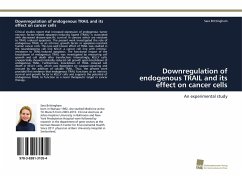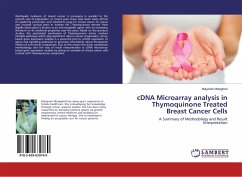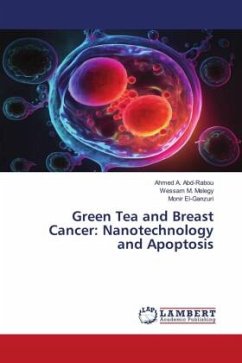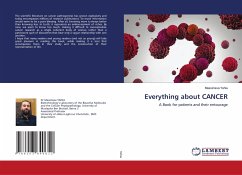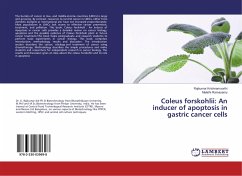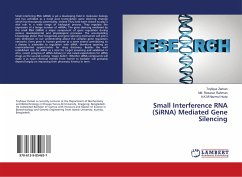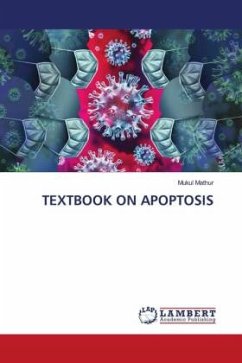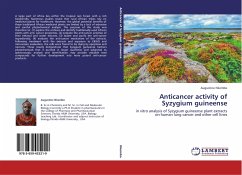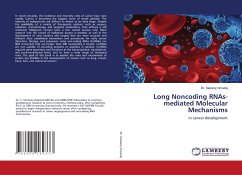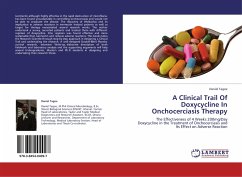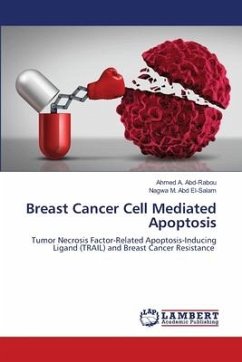
Breast Cancer Cell Mediated Apoptosis
Tumor Necrosis Factor-Related Apoptosis-Inducing Ligand (TRAIL) and Breast Cancer Resistance
Versandkostenfrei!
Versandfertig in 6-10 Tagen
45,99 €
inkl. MwSt.

PAYBACK Punkte
23 °P sammeln!
Breast cancer is one of the main causes of mortality globally and the available chemotherapy faced the obstacle of chemoresistance. Thus, providing a protein that is initially described to selectively trigger extrinsic and intrinsic apoptosis in breast cancer is very essential. This protein and cellular cytokine called "tumor necrosis factor-related apoptosis-inducing ligand (TRAIL)". In the current book, we discussed some interesting topics including; Breast Cancer Biology, TRAIL combination therapy and apoptosis, Mechanism of Anticancer activity of Thymoquinone (TQ), as well as Apoptosis ind...
Breast cancer is one of the main causes of mortality globally and the available chemotherapy faced the obstacle of chemoresistance. Thus, providing a protein that is initially described to selectively trigger extrinsic and intrinsic apoptosis in breast cancer is very essential. This protein and cellular cytokine called "tumor necrosis factor-related apoptosis-inducing ligand (TRAIL)". In the current book, we discussed some interesting topics including; Breast Cancer Biology, TRAIL combination therapy and apoptosis, Mechanism of Anticancer activity of Thymoquinone (TQ), as well as Apoptosis induction and cell cycle arrest. The synergistic influence of TRAIL combination with other therapies could provide a plus advantage in induction apoptosis-mediated DR5 receptor connection, which in turn helps in overcoming breast cancer resistance.



